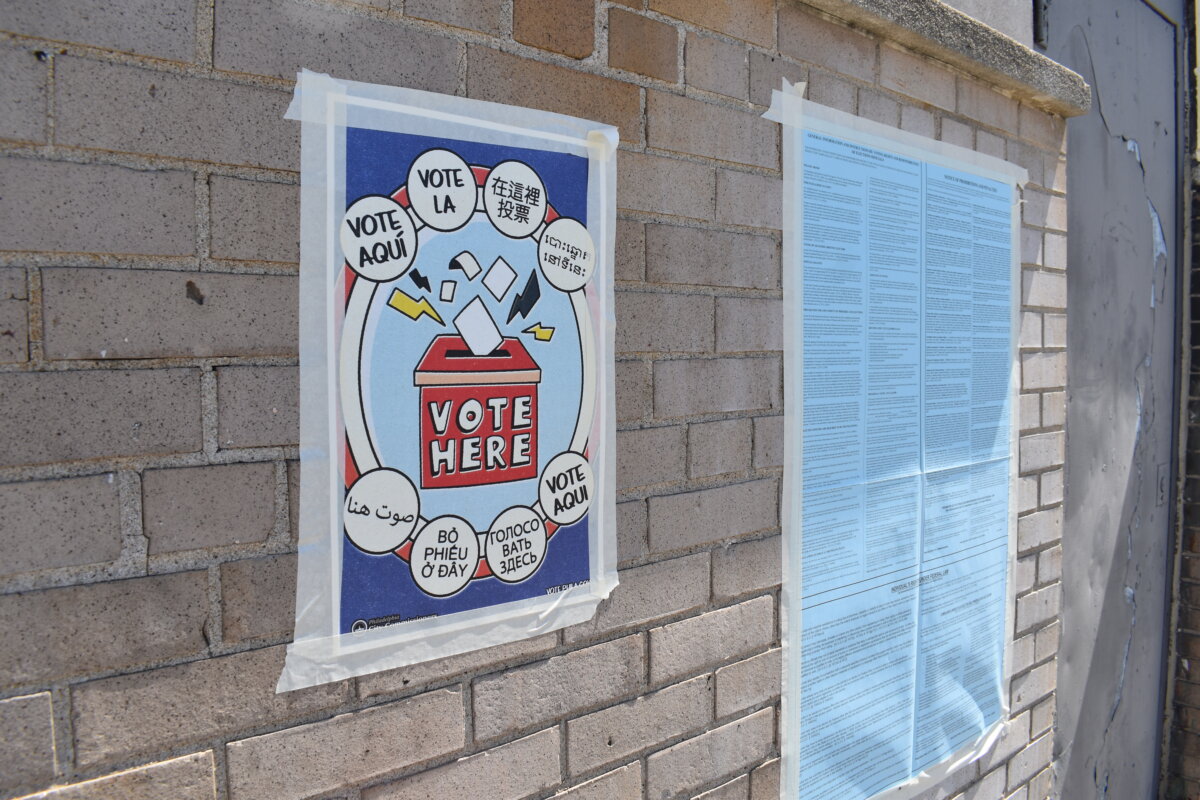In college, most experiences are shared experiences. But life in your 20s and 30s is full of change — and different changes happen at different times for different people.To get advice on growing up without growing apart, we called up Shasta Nelson, CEO of GirlFriendCircles.com and author of “Friendships Don’t Just Happen.” Related: How to make friends as an adult
Three things every friendship needs to survive “Anytime a friendship is not working, it’s because one of those things is lacking,” she says. Feelings like anger or jealousy can threaten the positivity sector, while not talking or hanging out as much eats away at consistency. If you aren’t willing to share as much as you used to, vulnerability is lost. She tackles three common friendship changes here and how to weather them using these three friendship anchors. Related: This type of couple is most likely to break up Pay gaps “Keeping in mind the positivity factor, we want to affirm our friend for doing well financially, if he or she is the one better off,” Nelson says. “The friendship will start eroding if you give in to jealousy, cynicism and passive-aggressive remarks.” To keep the friendship consistent, if you are the one making less money, it will likely be up to you to initiate ways you can hang out that you can afford. “Often when we pull away, it’s because of our own insecurities and self-judgments,” Nelson says. “It’s important to be mindful of that and not let those feelings drag you down.”It’s also important to be vulnerable, telling your friend how you feel, even if means admitting you feel jealous at times. Your friend will likely be completely understanding. Related: 5 out-of-the-box wedding gifts
Marriage Identify the problem, using the three friendship anchors — positivity, consistency and vulnerability — as a guide, and then get to the bottom of it. “If the consistency has decreased because she’s so busy or is always bringing her husband along, plan a way where you can hang out, just the two of you,” Nelson says. Chances are, your friend misses you too. She just needs help figuring out how to fit the pieces together of this new life phase. Babies “A lot of new moms are afraid of talking about their baby too much, and it leaves them feeling sensitive and not wanting to. They need a safe space where their friend says, ‘Of course you’re going to be talking about your baby. I want you to talk about your baby as much as I want to talk about work and the things going on in my life. We need to care about the things in each other’s lives.’” Nelson adds that you don’t have to be a mom yourself to give your new mom friend a safe space. “Ask her what it’s like being a mom, the hardest part or what she’s scared of,” she suggests. As for consistency, even when life gets crazy you both still have to make the time — even if what you do together changes. “You should be able to tell your friend, ‘I know your schedule is going to change and it’s going to be hard to do, but I still want to be friends with you, so how do we do this?’” Nelson suggests. Whatever change your friendship is experiencing, figuring out a new normal together will help keep it intact.
Follow Emily on Twitter: @EmLaurence
“Every friendship needs three things to survive life changes: positivity, consistency and vulnerability,” Nelson says. They’re so important, she just released a new book all about them called “Frientimacy.”
It might not have been a big deal that you were studying social work while your best friend was a business major a few years ago, but now that you’re both in the workforce making very different salaries, things can get tricky. Or maybe one of you recently got laid off. Even good friends don’t like to talk about money, and that can strain a friendship.
If you’re used to being your friend’s No. 1 confidant, but now that role belongs to her new life partner, it’s normal to be jarred by the shift. Nelson’s advice: Talk it out. “We know from research that friendships deepen when people are able to talk about the relationship, not just have it,” she says.
Having a baby is one of the most intense changes someone can go through. Regardless of whether you’re the new parent or your friend is the sleep-deprived one, Nelson says both people need the space to talk about what’s going on in their life.
How to navigate tricky friendship problems in your 20s and 30s

iStock


















